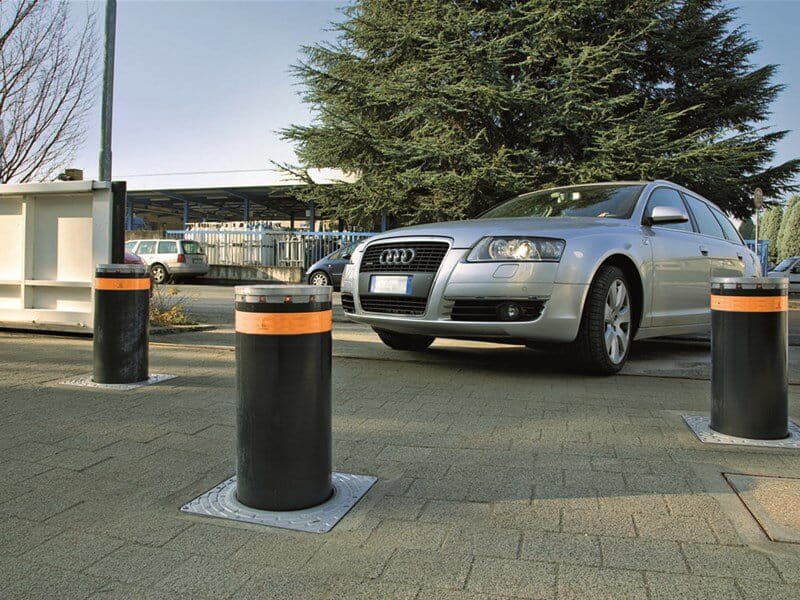Who should use perimeter security?

Perimeter safety is a vital facet of defending numerous forms of amenities, assets, and different people. It is used by a wide range of organizations and establishments to safeguard their premises. Here are some examples of who should use perimeter security:
Commercial Properties: Businesses, each giant and small, make the most of perimeter safety to protect their assets, employees, and prospects. This contains retail shops, workplace buildings, warehouses, and manufacturing amenities.
Government Buildings: Government services, such as city halls, courthouses, and federal buildings, implement stringent perimeter safety measures to guard sensitive information and public servants.
Critical Infrastructure: Perimeter security is important for safeguarding important infrastructure, together with power crops, water treatment services, and transportation hubs. Any disruption to those facilities can have important consequences.
Airports: Airports require sturdy perimeter security to protect aircraft, passengers, and airport employees. Security measures usually embody fences, surveillance systems, and access management.
Military Bases: Military installations have some of the most advanced perimeter safety systems to protect national security pursuits, sensitive info, and personnel.
Educational Institutions: Schools and universities use perimeter security to guard students, school, and employees. This might include entry control systems, security personnel, and surveillance.
Healthcare Facilities: Hospitals and healthcare facilities implement perimeter security to guard patients and workers, as well as useful medical gear and provides.
Correctional Facilities: Prisons and correctional amenities require perimeter safety to stop escapes and shield both inmates and employees.
Data Centers: Data facilities store priceless and sensitive information, making them a target for cyberattacks and physical safety breaches. Perimeter safety is crucial to protect the infrastructure and information.
Residential Properties: High-value residential properties, embassies, and diplomatic residences usually employ perimeter safety measures to protect residents and belongings.
Retail Centers: Shopping malls and retail complexes could use perimeter security to deter theft, vandalism, and guarantee the security of consumers.
Event Venues: Temporary or permanent event venues, like stadiums, live performance halls, and conference centers, require perimeter security to ensure the protection of attendees.
Go here : Ports, practice stations, and bus terminals use perimeter safety to guard infrastructure, travelers, and cargo.
Public Spaces: In city environments, public spaces, parks, and authorities plazas may incorporate perimeter security measures to reinforce safety.
The particular measures and applied sciences used for perimeter security can vary extensively relying on the nature of the power, its location, and the extent of security required. Common components of perimeter safety embrace fencing, access control techniques, surveillance cameras, intrusion detection techniques, safety personnel, and more. The objective is to discourage unauthorized entry, detect intrusions, and respond to security threats effectively..

